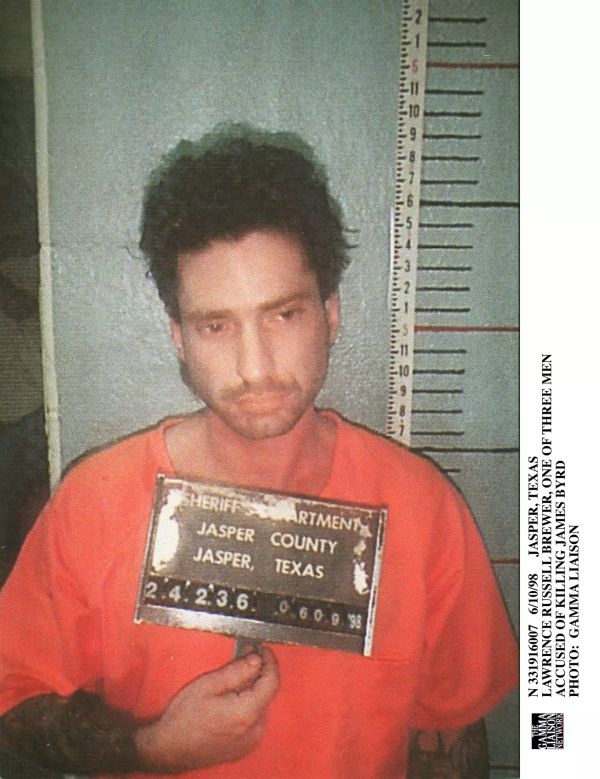
A death row inmate executed earlier this month was denied a last meal because of another prisoner’s behavior.
Texas death row inmate Arthur Lee Burton received the death sentence for strangling a woman to death with her own shoelaces. 48-year-old Nancy Adleman was jogging in Houston, Texas, when she was attacked by Burton. He forced her into a nearby wooded area and attempted to rape her. Burton then strangled her with her own shoelace and fled. Although he initially confessed to the crime, he later changed his statement during his trial.
Burton was convicted of Nancy’s murder in 1998 and sentenced to death. Despite his lawyers claiming he had an intellectual disability, which should be grounds for exemption from the death penalty, his appeal was rejected. On August 7, at the age of 54, Burton was executed.
Interestingly, Burton was denied a last meal, even though it is a common practice for death row inmates to request one. The reason for this denial goes back to Lawrence Russell Brewer, a white supremacist who was executed in 2011 for his involvement in the lynching of James Byrd Jr. Brewer had made extravagant and excessive demands for his final meal, which drew outrage from the public and officials.
Brewer’s final meal request included two chicken-fried steaks, a triple-patty bacon cheeseburger, an omelet with ground beef, fajitas, fried okra, barbecued meat with bread, a meaty pizza, and peanut-butter fudge with ice cream and root beer. However, when the meal was served to him, he didn’t touch it at all. This caused further outrage, and as a result, it was decided that no Texas death row inmate would be allowed to request a last meal again.
It is a matter of debate whether denying a last meal is an appropriate response to Brewer’s behavior. State Senator John Whitmire criticized the decision, stating that it was wrong to treat a vicious murderer like a celebrity and that they should eat the same meal as everyone else on the chow line.
Regardless of the controversy, the denial of Arthur Lee Burton’s last meal serves as a reminder of the complex and often peculiar practices surrounding the death penalty in the United States.








